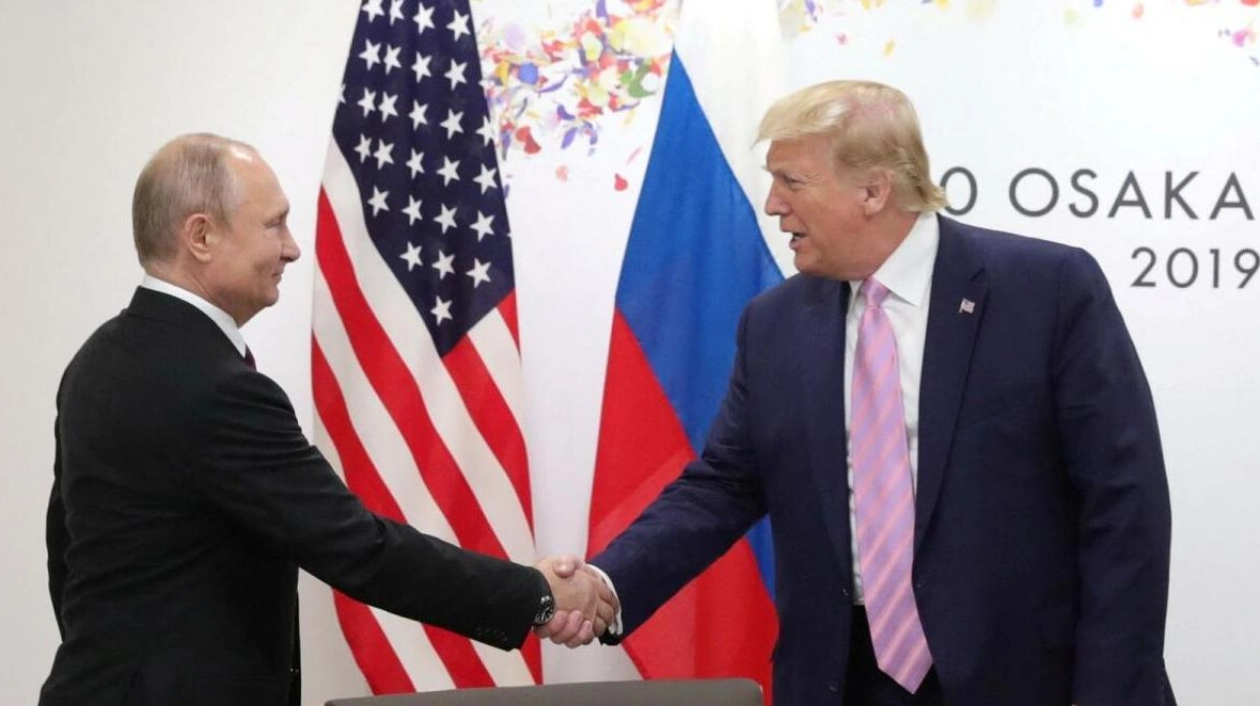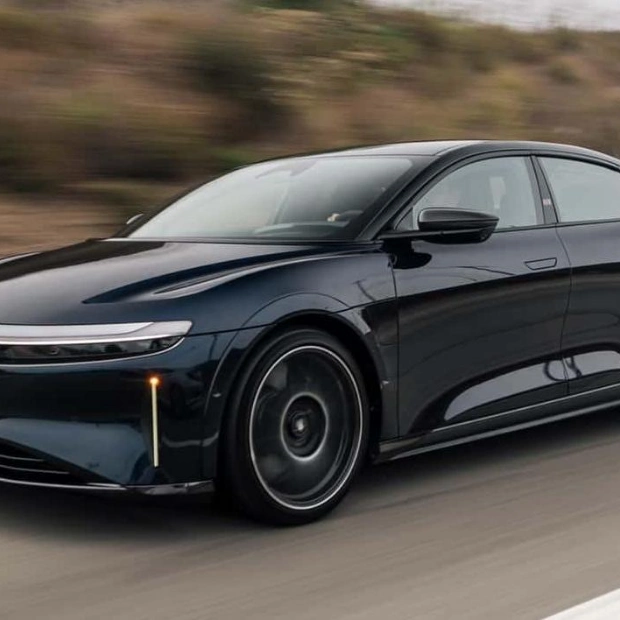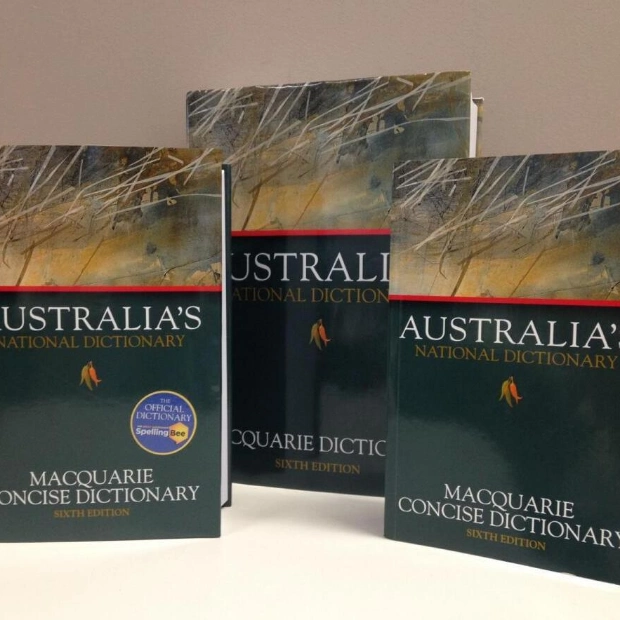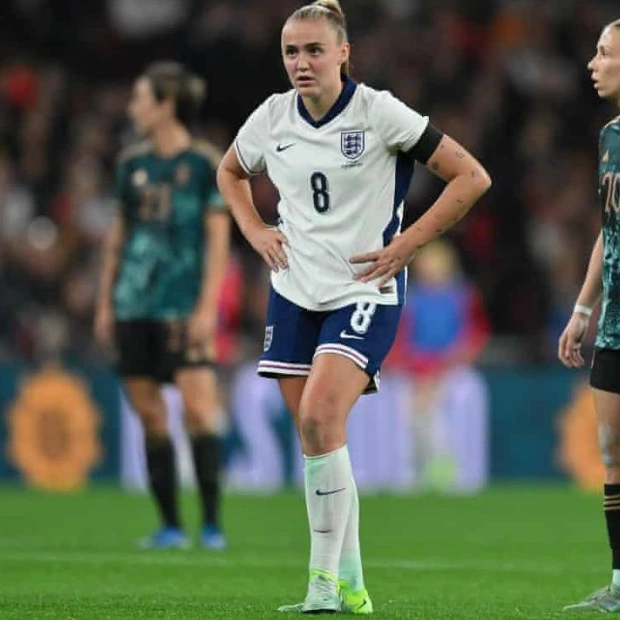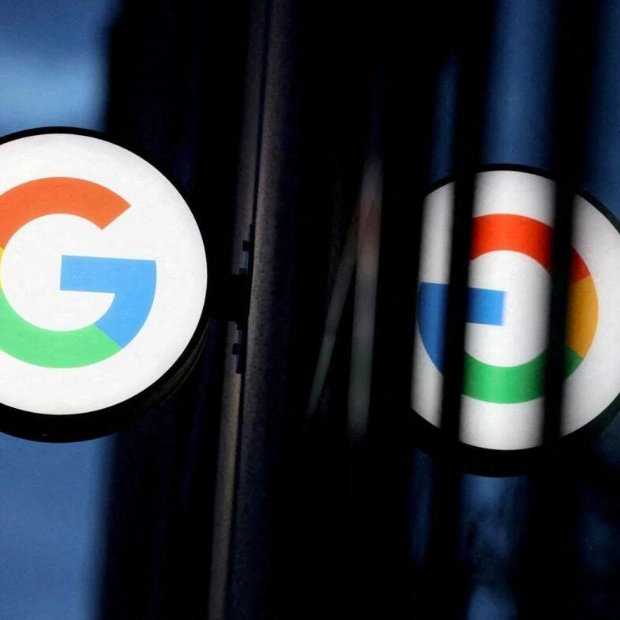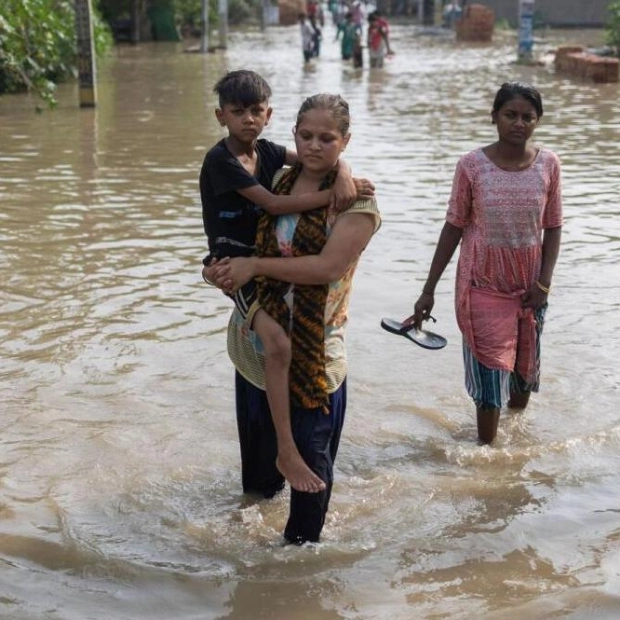Russia's President Vladimir Putin and US President Donald Trump exchange handshakes during a meeting at the G20 summit in Osaka, Japan, in 2019. Reuters File Photo
Russian officials, from President Vladimir Putin onwards, maintain that Moscow's stance remains neutral regarding the outcome of the US presidential election on November 5. However, anyone observing the Kremlin-controlled state media's coverage of the US election might deduce that Donald Trump is the preferred candidate. State TV's primary Channel One news program recently featured videos of billionaire Elon Musk and TV host Tucker Carlson criticizing Democratic candidate Kamala Harris, followed by a focus on what it portrayed as a series of faltering performances by Harris. Harris's tendency to laugh uncontrollably, a topic Putin himself mocked last month, has been frequently highlighted in broadcasts, with state TV even compiling clips of her less articulate statements during the campaign.
In contrast, the same Channel One report depicted Trump and his running mate JD Vance as confident and sensible on issues ranging from transgender politics to immigration, but facing sinister forces, as evidenced by assassination plots. The Kremlin asserts that the decision on who becomes the next US President is solely the American people's prerogative and that it will work with whoever is elected. It denies any influence over media coverage, although some former state media employees have disclosed weekly Kremlin meetings where guidance on various issues is provided.
The state media's apparent preference for Trump might not be unexpected. Trump has been far less supportive of Ukraine in its conflict with Russia than incumbent President Joe Biden or Harris, raising concerns in Kyiv that they could lose their most significant ally if he wins. Trump, who has frequently praised Putin over the years and boasted of a good working relationship, recently blamed Ukrainian President Volodymyr Zelenskiy for instigating the war. This month, he declined to confirm reports of multiple conversations with Putin since leaving office in 2021, stating only: "If I did, it's a smart thing." In contrast, Harris has referred to Putin as "a murderous dictator," pledged continued support for Ukraine, and condemned the death of opposition politician Alexei Navalny as further evidence of Putin's brutality. The Kremlin has denied any involvement in Navalny's death.
State TV often features guest speakers on its prime-time geopolitical talk shows who express a preference for Trump, despite varying reasons. Andrei Sidorov, a senior academic at Moscow State University, recently stated on a major state TV talk show that Trump would be better for Russia because he could incite division, potentially leading to the disintegration of the United States, a long-held fantasy of anti-Western Russian hawks. "I am for Trump. I was always for Trump - he's a destroyer. If he's elected ... then civil war will really be on the agenda," Sidorov said, predicting a Democratic win would result in the continuation of the current status quo. "(But) Trump could really lead to our geopolitical adversary collapsing without any missiles being fired."
A 2017 US intelligence report claimed that Putin directed a sophisticated influence campaign to undermine Democratic candidate Hillary Clinton and support Trump in the 2016 presidential race. The Kremlin denied interference, and Trump denied any collusion with Russia during that campaign. Despite the differing approaches of the current candidates towards Moscow, some Russian officials, navigating the worst period in US-Russia relations since the 1962 Cuban missile crisis, have expressed caution about both candidates. Harris, they say, would mean a continuation of what Moscow views as Biden's proxy war with Russia "to the last Ukrainian." Trump, who initially raised hopes in Moscow for better ties before taking office in 2017, is remembered for imposing sanctions despite his warm words about Putin. In Moscow's view, he was constrained in his Russia policy by the broader US political establishment.
"I have no illusions. (When Trump was president) he had several conversations with President Vladimir Putin. He received me at the White House a couple of times. He was friendly," Russian Foreign Minister Sergei Lavrov recalled in September. "But sanctions against the Russian Federation were imposed under President Trump on a regular basis. As a result, we concluded that we need to rely on ourselves. We will never in our history count on 'a good guy' getting into the White House." One senior Russian source said there were differing views at the Kremlin's top levels about Trump but confirmed that some believe a Trump victory might not benefit Moscow. "Look what happened last time he became president. Everyone said beforehand that US-Russia relations would improve, but they ended up even worse. Trump says a lot of things but doesn't always do what he says," said the source, who declined to be named due to the sensitivity of the matter.
The same source questioned whether Trump's alleged reluctance to continue funding and arming Ukraine and his talk of swiftly ending the war would withstand lobbying efforts from powerful US factions who argue that Ukraine's fate is existential for the West and that Kyiv must not lose. A second senior source, who also spoke on condition of anonymity, said Moscow was not expecting much from either candidate. Trump had been "pretty tough" on Moscow when in power, was worryingly impulsive, and held tough views on Russia's ally China, he said. The source added that he did not expect to see significant change in Moscow-Washington relations regardless of who was elected. "Neither Trump nor Harris are going to change the relationship with Russia fundamentally. There is not going to be some great new friendship," said the source. "The West views Russia and China as bad and the West as good, and it is hard to see any leader changing a belief that is now ingrained within the Washington elite."
Source link: https://www.khaleejtimes.com
